ALX Projects Pair Excellence with Affordability
According to the Ohio Task Force on Affordability and Efficiency in Higher Education, the average university student spends about $1,200 per year on textbooks. Often, students are on the hook to cover much of this cost, as financial aid and other funds are used on tuition, housing and fees.
Reducing the cost of college is at the core of the Affordable Learning Exchange's (ALX) mission, but that’s not the only thing that motivates us. ALX funds projects that demonstrate the transformative power of open and affordable alternatives in our classrooms. These projects don’t just save money; they encourage teaching innovation and fulfill Ohio State’s land-grant mission by creating and sharing open educational resources (OERs) with the world.
Each project and its team has their own motivation for seeking affordable course content alternatives.
“The ALX grant affords us an opportunity to practice social justice as a College of Social Work within our diversity courses. We want to attract a diverse population of students into our program, including those who come from backgrounds of economic and social disadvantage. Eliminating the costs of textbooks for all of the students in these diversity courses, and replacing those texts with engaging, pedagogically-sound materials is one way to improve the equity in our program, while helping all of our students in these courses have greater access to what we intend to be an excellent educational experience."
- Lois Stepney, College of Social Work
Why focus on adopting or creating alternatives, including OERs, instead of simply negotiating with publishers for lowered textbook prices? Although both approaches can save students money, we’re excited by the transformation in pedagogical approach that we see when faculty are tasked with reimagining the textbook.
"Taking the time to really look at your course materials and your course design is important. Ask yourself: Is this book really an important resource? Would a change be better or worse for student learning? If you are assigning readings but not really using them in a meaningful way, maybe you need to consider the function of those materials in your course. Is it necessary for students to have that book to do well in the course, and how do you know that?
"If you can achieve the same learning outcomes with free or less expensive materials, it might be worth evaluating OER as an option. This means do a rigorous side-by-side comparison of the materials. Make sure they are the right fit for you and the learning objectives of the course.”
- Melissa Beers, Department of Psychology
Typical ALX-funded projects include more than one solution, and our grant winners get creative by combining OERs, low-cost tools, library resources, and homegrown resources to create a customized learning experience for their students. By avoiding a “one size fits all” solution, our students don’t just save money – they get excellent instruction and faculty engagement.
To date, ALX has:
- Funded 30 projects across three campuses
- Directly impacted over 8,000 students
- Saved students about $1.5 million
- On pace to reach $3 million in savings by Spring 2018
Want to get involved? Funding opportunities exist through 2021. Our next RFP opens later in 2018.





